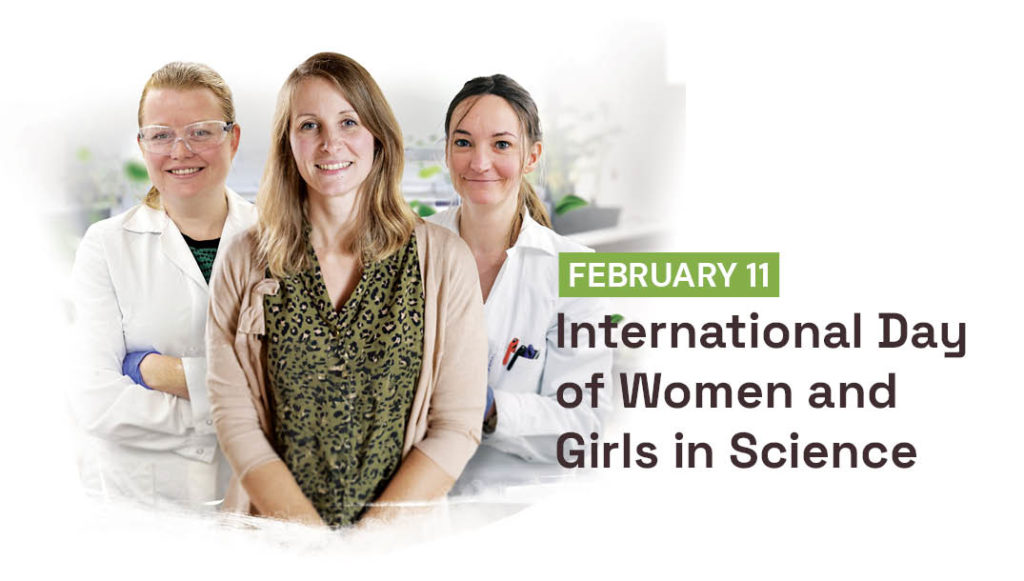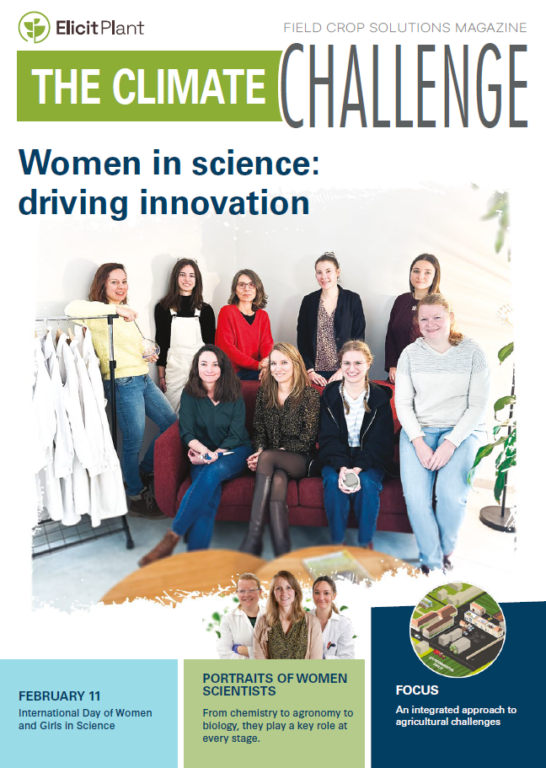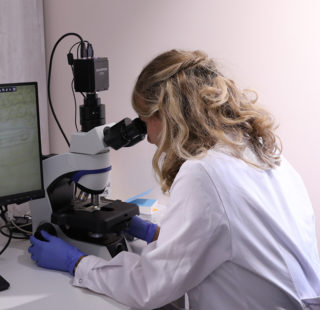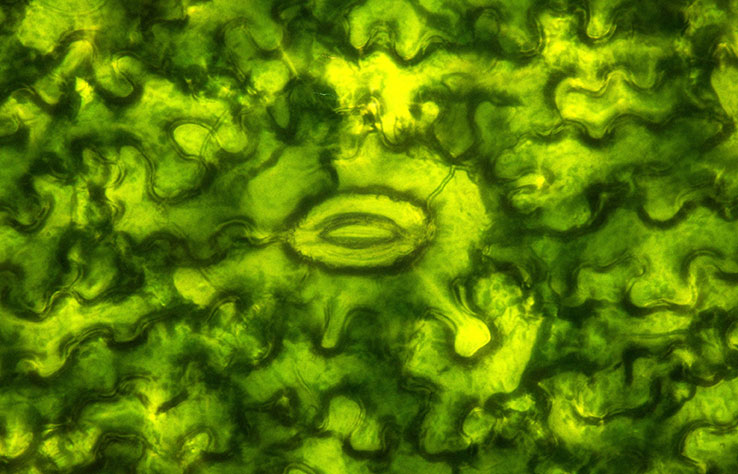At Elicit Plant, scientific research is based on an integrated approach combining chemistry, biology, and agronomy. Thanks to our unique R&D center, our teams work together to transform scientific discoveries into practical solutions tailored to farmers’ needs. This complementarity is essential to addressing climate change challenges and providing effective, sustainable biosolutions.
February 11 marks the International Day of Women and Girls in Science, an opportunity to highlight those who, through their dedication and expertise, contribute to scientific progress and innovation. With 64% of our scientific team made up of women and a strong commitment to governance – three of our advisory board’s five members are women, and our board is chaired by Dr. Pam Marrone – we are proud to showcase their contributions.
In this article, we introduce three of them: Ameline Oisel, chemical technician, Chloé Cardot, agricultural engineer, and Cindy Coppin, molecular biology research engineer.






